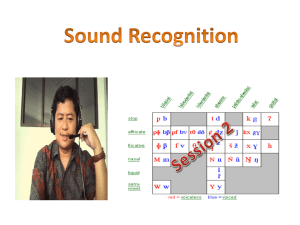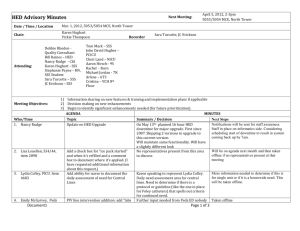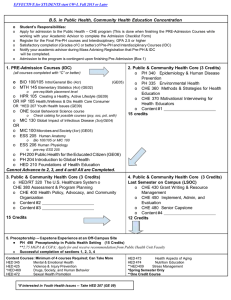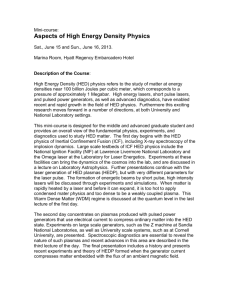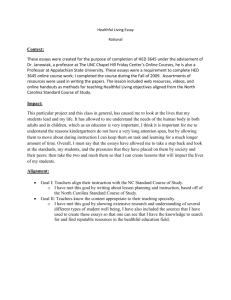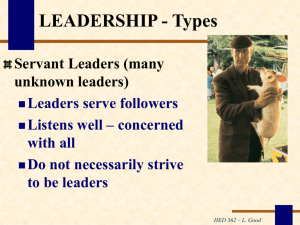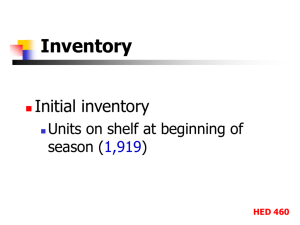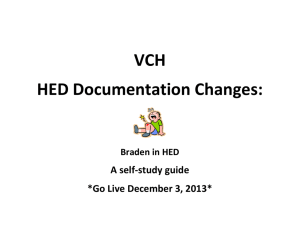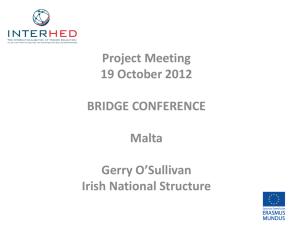Now is a great time to remind your representatives of the importance
advertisement
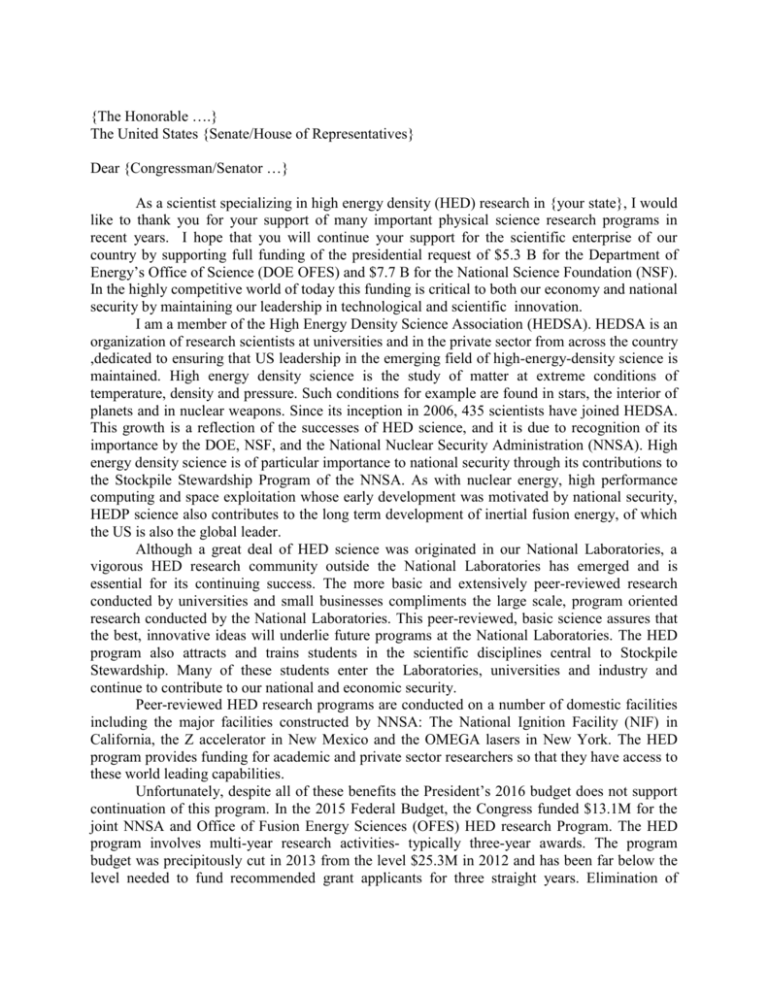
{The Honorable ….}
The United States {Senate/House of Representatives}
Dear {Congressman/Senator …}
As a scientist specializing in high energy density (HED) research in {your state}, I would
like to thank you for your support of many important physical science research programs in
recent years. I hope that you will continue your support for the scientific enterprise of our
country by supporting full funding of the presidential request of $5.3 B for the Department of
Energy’s Office of Science (DOE OFES) and $7.7 B for the National Science Foundation (NSF).
In the highly competitive world of today this funding is critical to both our economy and national
security by maintaining our leadership in technological and scientific innovation.
I am a member of the High Energy Density Science Association (HEDSA). HEDSA is an
organization of research scientists at universities and in the private sector from across the country
,dedicated to ensuring that US leadership in the emerging field of high-energy-density science is
maintained. High energy density science is the study of matter at extreme conditions of
temperature, density and pressure. Such conditions for example are found in stars, the interior of
planets and in nuclear weapons. Since its inception in 2006, 435 scientists have joined HEDSA.
This growth is a reflection of the successes of HED science, and it is due to recognition of its
importance by the DOE, NSF, and the National Nuclear Security Administration (NNSA). High
energy density science is of particular importance to national security through its contributions to
the Stockpile Stewardship Program of the NNSA. As with nuclear energy, high performance
computing and space exploitation whose early development was motivated by national security,
HEDP science also contributes to the long term development of inertial fusion energy, of which
the US is also the global leader.
Although a great deal of HED science was originated in our National Laboratories, a
vigorous HED research community outside the National Laboratories has emerged and is
essential for its continuing success. The more basic and extensively peer-reviewed research
conducted by universities and small businesses compliments the large scale, program oriented
research conducted by the National Laboratories. This peer-reviewed, basic science assures that
the best, innovative ideas will underlie future programs at the National Laboratories. The HED
program also attracts and trains students in the scientific disciplines central to Stockpile
Stewardship. Many of these students enter the Laboratories, universities and industry and
continue to contribute to our national and economic security.
Peer-reviewed HED research programs are conducted on a number of domestic facilities
including the major facilities constructed by NNSA: The National Ignition Facility (NIF) in
California, the Z accelerator in New Mexico and the OMEGA lasers in New York. The HED
program provides funding for academic and private sector researchers so that they have access to
these world leading capabilities.
Unfortunately, despite all of these benefits the President’s 2016 budget does not support
continuation of this program. In the 2015 Federal Budget, the Congress funded $13.1M for the
joint NNSA and Office of Fusion Energy Sciences (OFES) HED research Program. The HED
program involves multi-year research activities- typically three-year awards. The program
budget was precipitously cut in 2013 from the level $25.3M in 2012 and has been far below the
level needed to fund recommended grant applicants for three straight years. Elimination of
funding in 2016 would have severe consequences and place the program in great jeopardy.
Therefore, I urge you to support funding for peer-reviewed HED research on par with the level
enacted by congress in 2015, by fully reenacting a minimum of $13.1M for the joint
NNSA/OFES High Energy Density Laboratory Plasmas Program. Please contact the Chair and
ranking Minority Member of the Appropriations Subcommittee on Energy and Water
Development {Congressman Mike Simpson and Congresswoman Marcey Kaptur; Senators
Lamar Alexander and Dianne Feinstein} and let them know that you support continuing funding
for this strategically important area of research.
Thank you very much for your consideration.
Yours truly,
